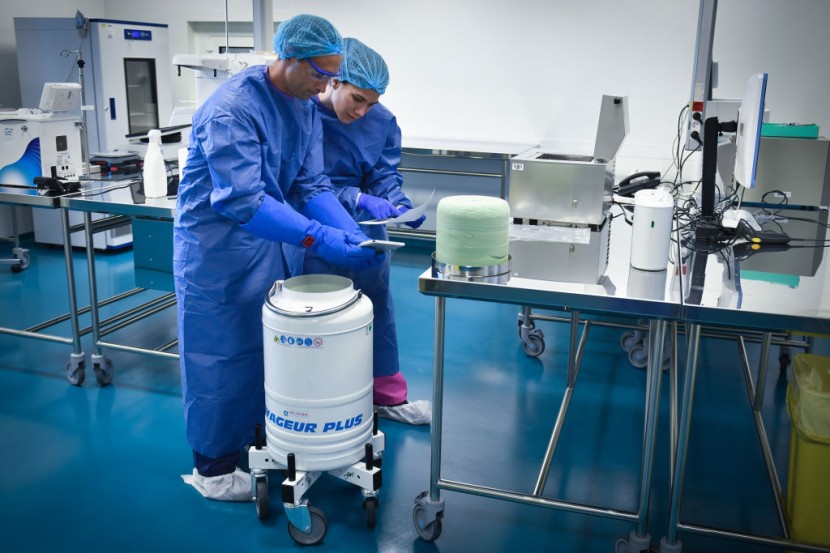
Researchers studying T-cells prove in the lab experiments that this immune body could protect against coronavirus, which is part of the natural immune system. It is studied by a group of Imperial College of London to see how far they can go in battling pathogens like COVID-19.
One of the biggest questions is how much the T-cells determine home much protection a person can have when exposed.
Study finds T-cells for future vaccines
The study published in Nature Communications explores how these immune bodies help fight off COVID-19 infections.
Based on the researchers' data, these findings are the basis for the second generation of universal vaccines. They could safeguard against contamination by current and future SARS-CoV-2 strains, like Omicron, which has been active lately.
According to the study's first author, Rhia Kundu says the following is about contamination. Her interest is why high T-cell counts are components to combat the common cold and even COVID.
She adds that it is a great discovery but needs to be supplemented by more methods. It might not be enough bur get the vaccine, and a booster dose will be needed until more studies develop something from the data, reported SciTech Daily.
Initiated in September 2020 when a majority in Britain where the infected and the vaccinated were not that many. The study's subjects were 52 people living with those infected by the coronavirus and had viral infection confirmed.
Next was PCR testing at the start, then checking 4 to 7 days later if the experienced transmission of the virus. It included blood sampling from 52 people who lived with an infection and had therefore been exposed to the virus. The participants did PCR tests at the outset and 4 and 7 days later to determine if they developed an infection, cited Eureka Alert.
A result from the 2020 study was that cross-reactive T-cells that fought colds in 26 of the people involved were free of any infection. While 26 caught the bug as opposed to those infections.
The T-cells ignored the notorious spike proteins where the mutations are concentrated. These cells broke down the proteins of SARS-CoV-2 internally, which afford protection from the pathogen.
A new way to attack the virus
T-cell attacking the internal viral proteins means it bypasses the shell and the spike and whittles the pathogen inside. Most vaccines are engineered to break down the shell of the virus by attacking spikes, and immune bodies offer another vector of attack to cripple the coronavirus cellular machinery.
Developing this natural protection increases the protection time when vaccine antibodies weaken unless a booster shot is injected.
Senior author Ajit Lalvani said the T-cells due to a common cold would be a factor in preventing a COVID infection and attacking the proteins after bypassing the virus shell, just like his colleague Ms.Rhia Kundu.
Vaccine escape mutants are a reaction to attacks on the viral spikes and shell; the immune bodies prevent evolution. Basing a vaccine on these immune T-cell bodies will allow better and durable therapies in time.
Looking at the T-cells as one way to attack the current strain of the coronavirus with breaking down the internal proteins might be what is needed; it has interesting results, no doubt.
Related Article : COVID-19 Antibodies Reduces the Immune Response Resulting to More Prolonged Symptoms in Long Haulers
© 2026 HNGN, All rights reserved. Do not reproduce without permission.








